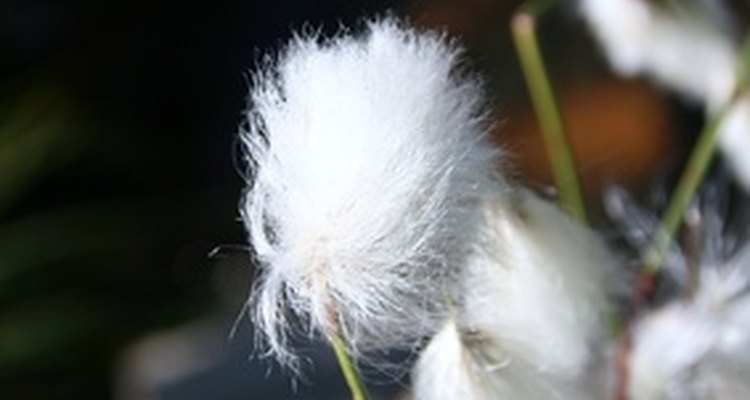
Dyeing fabric may be a hobby or a method of enhancing a garment or decorative accent. When dyeing fabric, it is beneficial to understand what the fabric is made from and what type of fabric will best absorb the dye. Different fabrics react to dyes and dying processes in different ways, so possessing knowledge on fabrics and fibers is necessary for a successful result.
Cotton
Cotton is a versatile fabric used around the world due to its softness, comfort and wash-and-wear properties. The cotton fiber, which retains 24 to 27 times its weight in water, breathes by absorbing and releasing moisture quickly. This absorbent quality makes cotton an easy fabric to dye. Ideal dyes to use on cotton are cold water fiber reactive dyes, all-purpose dyes and direct dyes.
Wool
Wool, an animal fiber made from sheep’s hair, will absorb up to 30 percent of its weight in water and is the most absorbent of all fabrics. Much like cotton, wool also possesses a breathable quality, and it is ideal for keeping the body warm in cold weather. Wool is one of the best fabrics to dye as the color will penetrate the core of the fabric and permanently bond with the fibers. Wool is versatile and takes many different colors and dyes.
Linen
Linen, a smooth, durable and luxurious fabric, is composed of the strongest vegetable fibers and is two to three times stronger than cotton. The natural luster of this fabric comes from the wax content of the flax plant fibers used to create linen. Not only a good conductor of heat, linen is an absorbent fabric that will easily take dyes. Linen is also ideal for dyeing because the colors tend to stay vibrant after washed.
Silk
Silk, a sensuous, elegant and luxurious fabric, is often associated with success and wealth. This naturally shimmering fabric is attractive, versatile, and in ancient times, sold for its weight in gold. Silk fibers come from insects, such as caterpillars, and are one of the strongest natural fibers with a high absorbency for moisture. This absorbent quality makes silk one of the best fabrics for dyeing, especially in deep colors.
Related Articles
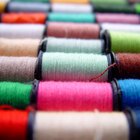
The Disadvantages of Polyester Cotton
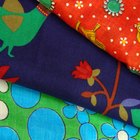
What Is Arnel Vintage Material Fabric?
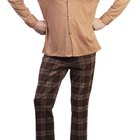
Characteristics of Polyester & Cotton

Microfiber vs. Cotton Clothes
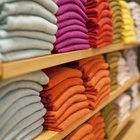
Types of Wool Sweaters

What Is Synthetic Hair Made Of?

Twill vs a Cotton-Polyester Blend

Qualities of Crepe Wool Fabric
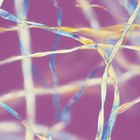
Advantages & Disadvantages of Natural ...
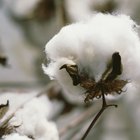
Properties of Cotton Fabric
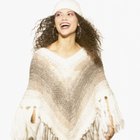
Properties of Cashmere Yarn

What Is Fleece Fabric Made From?

Natural Vs. Synthetic Clothing
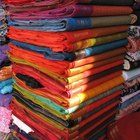
Information About Cotton Fabric

Denim vs. Denim Blends

The Disadvantages of Silk

Description and Characteristics of ...

Microfiber vs. Cotton Clothes

Chi Silk Infusion Ingredients

What Is Superfine Wool?